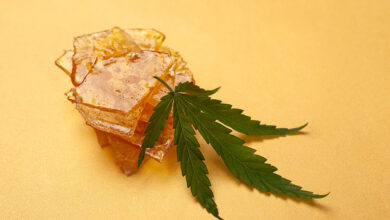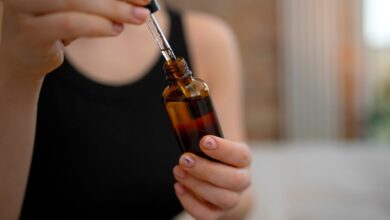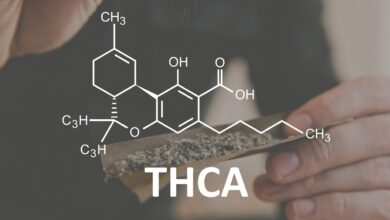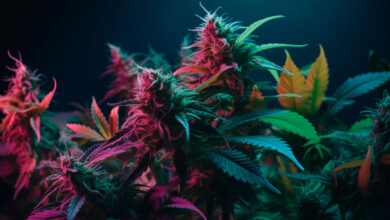THC or CBD: Which Should I Choose?
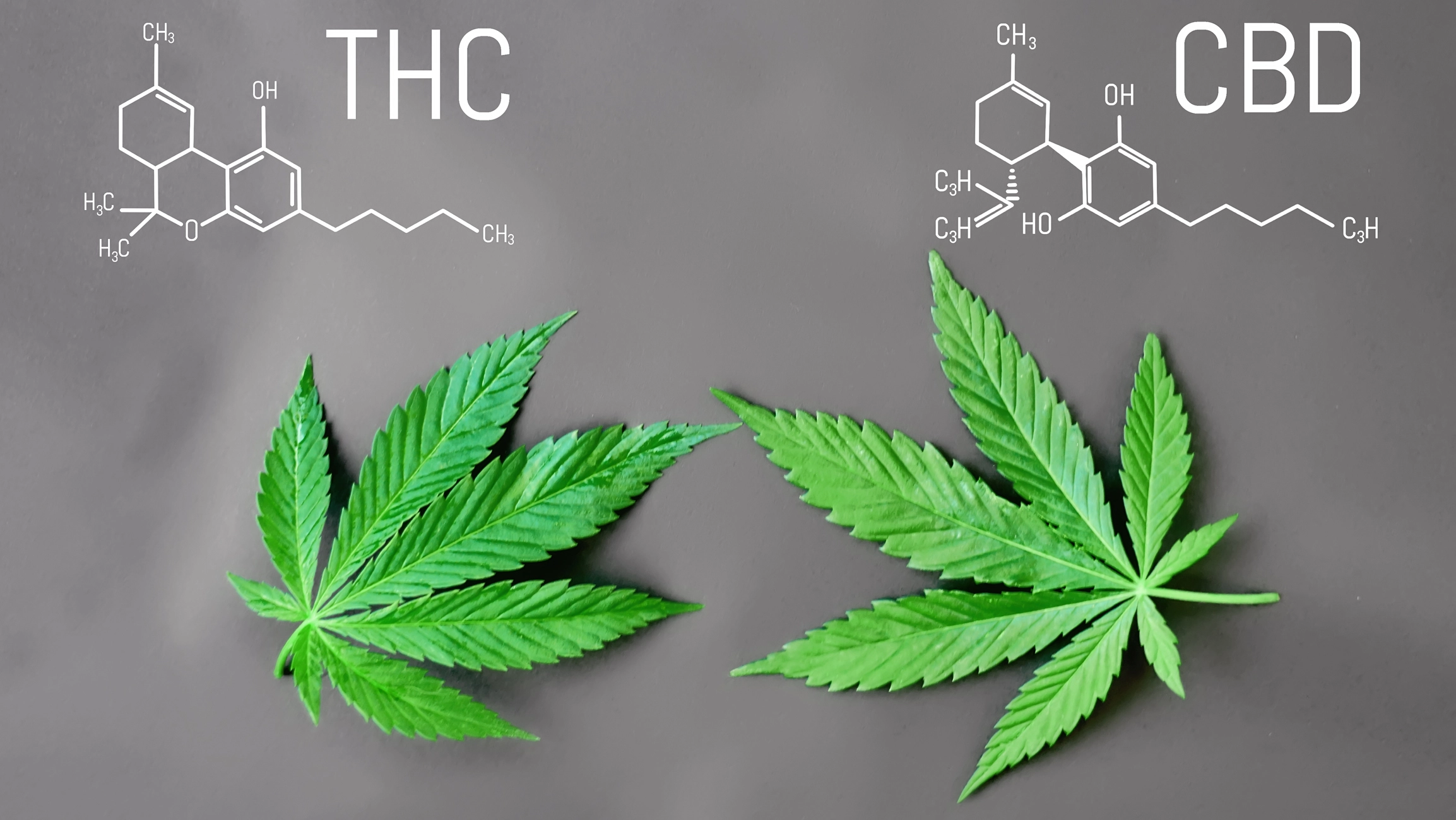
If you are new to cannabis, choosing between products can be confusing. Two popular compounds found in cannabis are CBD (cannabidiol) and THC (tetrahydrocannabinol). When purchasing a cannabis product, you will often see packaging that describes the percentage of each compound in a product. Even if you just buy buds or flowers, you can find out their CBD or THC percentages by searching online or asking the budtender. In this post, we will explain the difference between these two compounds and provide some questions that will help you determine which is best for you.
What’s the difference between THC and CBD?
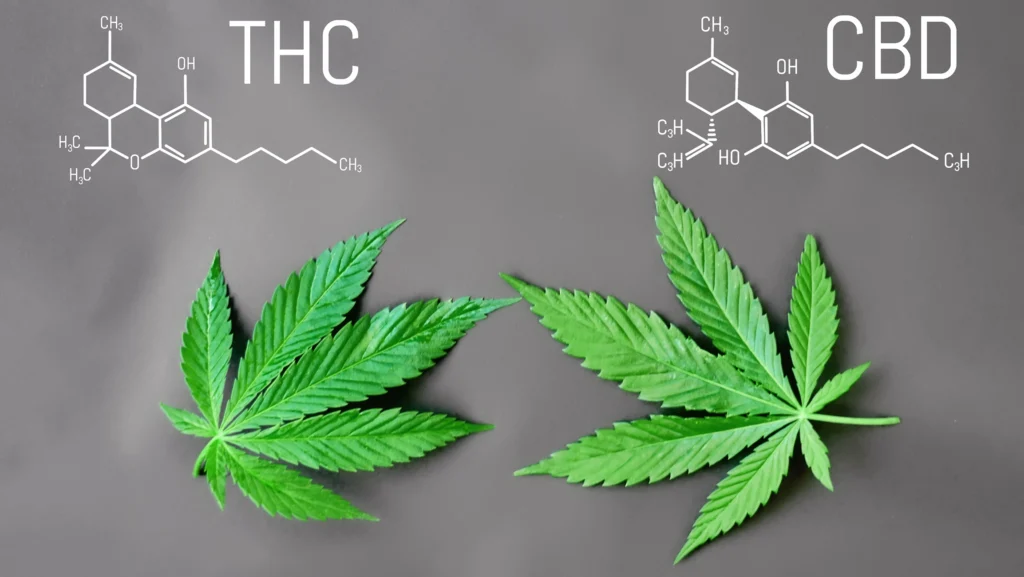
THC is the psychoactive component of the cannabis plant, meaning it can produce a high or altered mental state when consumed. When THC is consumed, it binds to CB1 receptors in the brain leading to the release of dopamine and inducing feelings of euphoria, pleasure, relaxation, and altered perception of time and space.
On the other hand, CBD is non-psychoactive and does not produce a high. When consumed, CBD can interact with both CB1 and CB2 receptors in the body’s endocannabinoid system, as well as other receptors and enzymes, to produce a variety of potential therapeutic effects such as pain relief and reduction of anxiety.
What is the desired result?
If you are new to using cannabis products, you may want to start with a CBD product, which does not produce the psychoactive effects associated with THC. Alternatively, you can choose a product with a low THC content such as hemp-derived D9 gummies to avoid feeling overwhelmed by your first experience.
In terms of therapeutic effects, CBD is often used for its potential pain relief and anti-anxiety effects. It is also thought to have anti-inflammatory properties. potential neuroprotective effects and can potentially help with sleep disorders or muscle spasms. However, the side effects of CBD can include drowsiness and lethargy.
If you are more experienced and have a higher tolerance for THC, you may prefer to use a product that contains THC so you can enjoy its desirable psychoactive effects. Many people consume THC to unwind and reduce stress or to enhance their mood. THC can also heighten sensory experiences and make everyday activities more pleasurable and engaging.
While THC can enhance creativity and improve focus, it can also cause some negative side effects such as anxiety and paranoia, especially in large doses. Therefore, people with a history of mental health issues or those who are prone to anxiety may want to steer clear of cannabis products that are high in THC.
Am I on any medications?
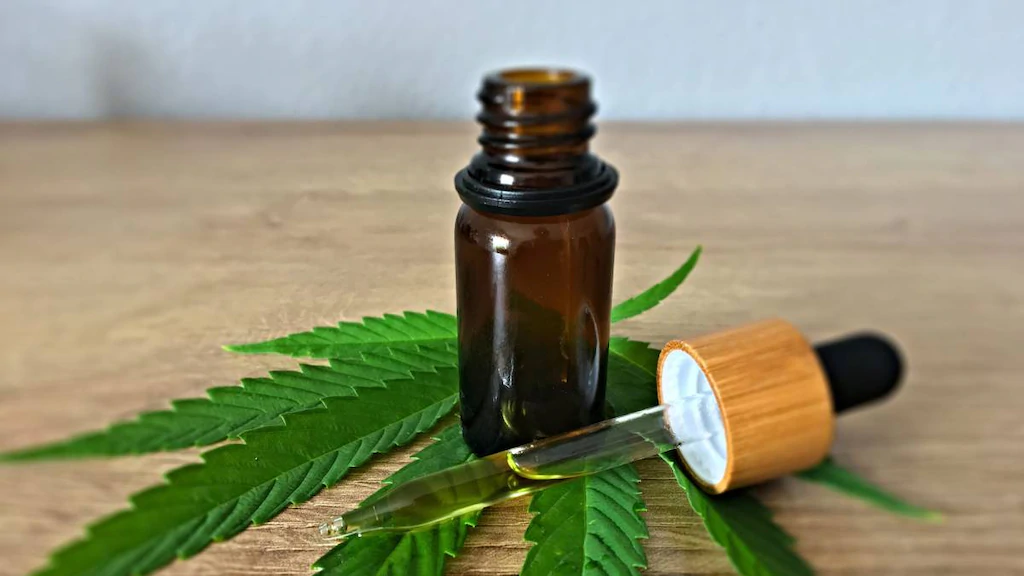
CBD has the potential to interact with a variety of medications by inhibiting cytochrome P450 enzymes (CYP450). These enzymes are responsible for metabolizing many drugs in the liver. When CBD inhibits these enzymes, it can slow down the breakdown of medications, leading to increased levels of the drug in the bloodstream. This can result in heightened effects or increased risk of side effects.
It is worth noting that individuals with a ‘grapefruit warning‘ should consult with a healthcare professional before using CBD as both CBD and grapefruit interact with the CYP450 enzymes in a similar way.
Like CBD, THC can also interact with certain medications, also due to its impact on the CYP450 enzymes. However, the extent of this interaction is generally considered to be less significant compared to CBD. THC can also either enhance or diminish the effects of some medications, depending on the specific drug and the individual’s unique body chemistry.
For instance, THC may amplify the sedative effects of medications like benzodiazepines potentially increasing the risk of excessive drowsiness. At the same time, it may decrease the effectiveness of drugs like antipsychotics, which could be problematic for patients with certain mental health conditions.
Is THC legal in my state?
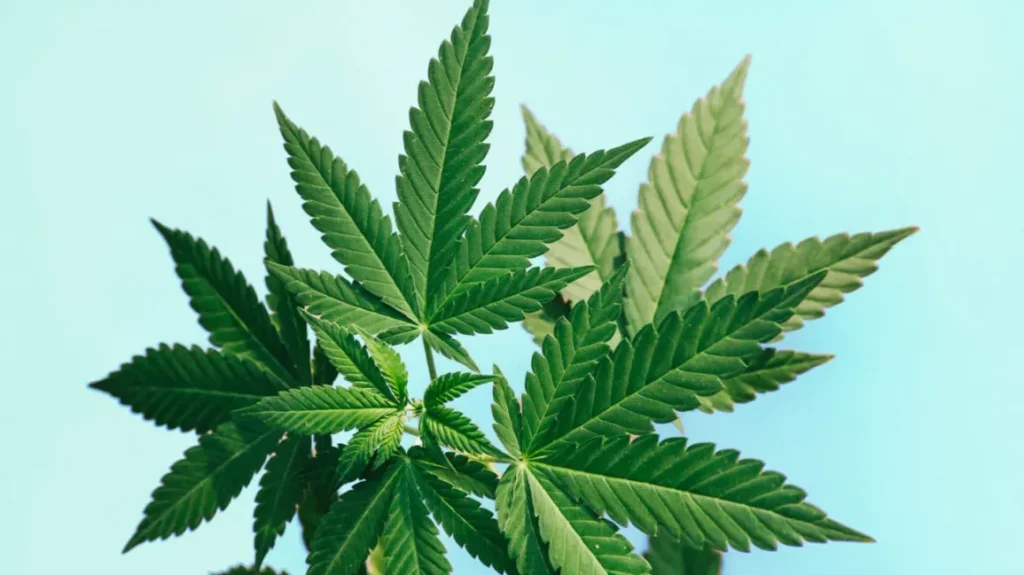
While CBD is legal in many states in the US, THC is still illegal at the federal level and may only be legal for medical or recreational use in certain states. At the same time, the 2018 Farm Bill legalized the cultivation and sale of industrial hemp, defining it as cannabis plants containing less than 0.3% Delta-9 THC on a dry weight basis.
This distinction is important because the bill effectively made hemp-derived products such as Delta-9 THC legal at the federal level so long as they stay below the 0.3% THC threshold. Yet, while most states have followed suit and legalized hemp-derived Delta-9 THC products, some states have enacted stricter regulations.
Therefore, you should check the specific laws in your state regarding cannabis products. If you want to stay on the safe side, you may want to consider choosing CBD products instead of THC. That said, do note that CBD products may still be subject to state regulations and restrictions, so do your research before making a purchase.
Ultimately, you should consider your specific situation when deciding whether to take CBD or THC. CBD offers a range of potential therapeutic benefits but can also cause fatigue and dizziness. THC may offer more pronounced relief from symptoms but can also cause psychoactive side effects that some people find uncomfortable. When in doubt, it is always a good idea to consult with a trusted budtender and your healthcare professional before using either compound, especially if you have underlying health conditions.

